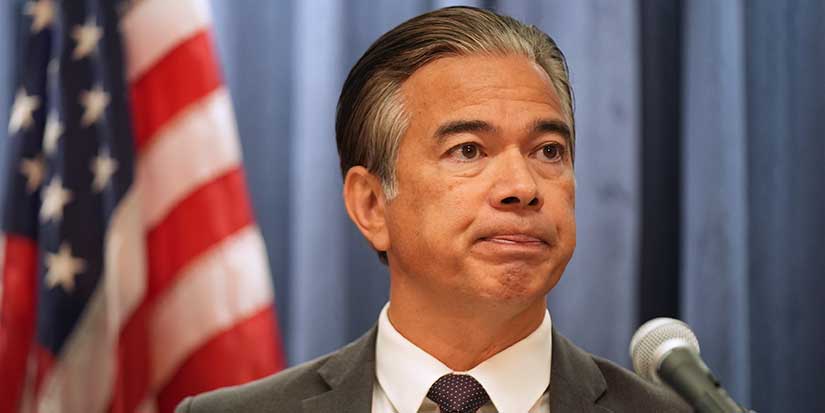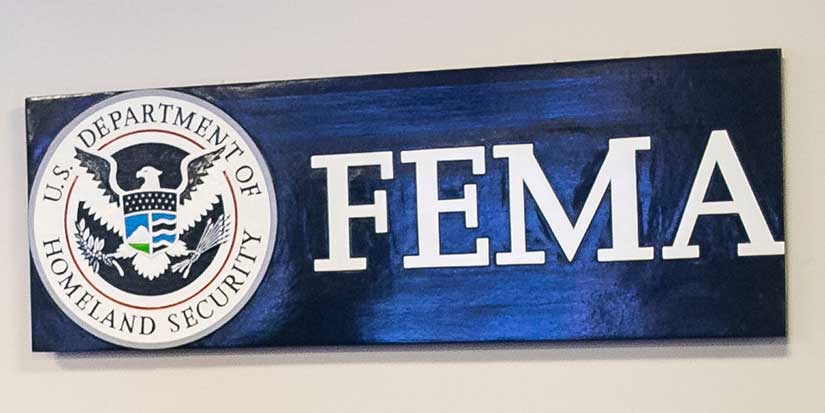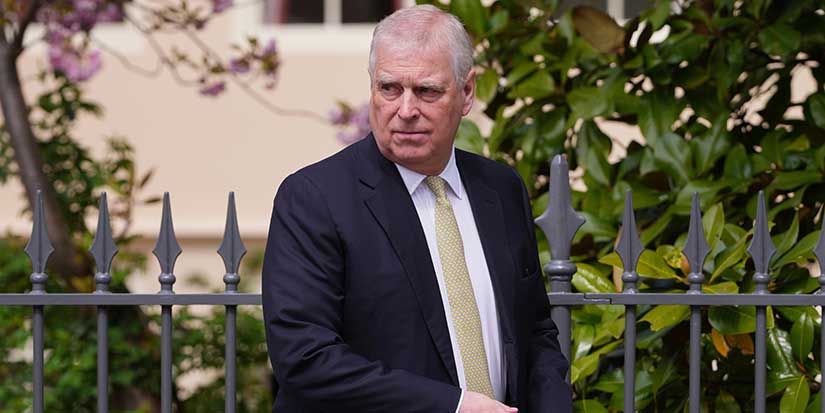National News
Diab says new border bill powers would have been useful during COVID-19 pandemic
Published 12:01 PDT, Fri October 17, 2025
—
A Liberal government bill that would give Ottawa new powers to limit permanent and temporary immigration applications would have been useful during the COVID-19 pandemic, Immigration Minister Lena Diab said Thursday.
After struggling to secure support in Parliament for its contentious border security bill, C-2, the minority Liberal government shunted some of C-2's less contentious measures into new legislation, C-12, in the hopes of passing it swiftly while the other proposals face intense scrutiny in Parliament.
Critics have warned that C-2 would limit the ability of people to claim asylum in Canada and give Canada Post powers to open and search letter mail.
C-12 would give the government a host of new immigration powers, including the ability to limit immigration applications and cancel existing immigration documents when the government deems it to be in the public interest.
"So currently in the law, (Immigration, Refugees and Citizenship Canada) has the ability to do that, but on a case-by-case basis," Diab said.
She said that case-by-case approach is no longer effective.
"During the pandemic … at that point we should have had the authority to sort of suspend accepting any applications," she said.
Under C-12, cabinet would have to authorize any such orders, which would be temporary.
Diab said getting that authorization would not be easy and the proposed power to limit or cancel immigration applications is meant to be used only in extreme circumstances, when public safety or national security is threatened.
Julia Sande, a human rights and policy lawyer with Amnesty International Canada, said it's misleading to suggest these powers would have been used during the pandemic period.
She said Canada gave temporary foreign workers in the agriculture and food processing sectors some exemptions to travel restrictions that were in place during the pandemic.
"There were efforts to expand people's ability to be here because there was a recognition at that time — we were calling workers heroes, including temporary workers who came, who were on the front lines, carrying out critical, essential work," Sande said. "So at that point in time, there was an effort to ensure that people could come here."
In the early days of the pandemic, employers were required to pay temporary foreign workers during mandatory quarantine periods upon arrival. Unvaccinated temporary foreign workers in agriculture and food processing, meanwhile, were allowed into the country while a vaccine mandate was in place for other international travellers in early 2022.
Under C-12, people who have been in the country for more than a year could no longer file claims for asylum — a rule the legislation would make retroactive to June 24, 2020.
Those barred from filing asylum claims could still apply for a pre-removal risk assessment and could claim asylum if they can prove they face a risk of persecution or harm if they're removed.
The bill also would make it easier for Immigration, Refugees and Citizenship Canada to share applicant information with federal, provincial and territorial partners.
"It's really to try and respond more fairly and flexibly, for the safety of Canadians as well as the safety individuals that are coming to claim asylum," Diab said.
More than 300 civil society groups, including Amnesty International, have called on the government to scrap the bills, saying they limit the ability of people to claim asylum and threaten due process.
"Both Bill C-2 and 12 are targeting our neighbours and vulnerable communities in very similar ways that people are being targeted by the U.S. administration," Sande said.
"Some of these things, I think, genuinely are put in place to appease Trump and appear to be aimed at making Canada more like the U.S. right now."
Bill C-2 was introduced after Trump imposed his first tariffs on Canada. Trump rationalized the tariffs by claiming Canada wasn't doing enough to stem illegal immigration and fentanyl trafficking at the border.
Trump used the same rationale for his identical tariffs on Mexico, despite the fact that illegal crossings and fentanyl from Canada make up a very small percentage of illegal activity at the U.S. borders.
– David Baxter, The Canadian Press
With files from Jim Bronskill.































